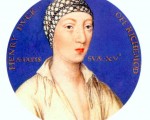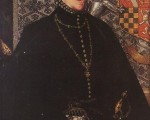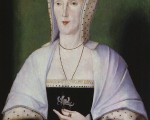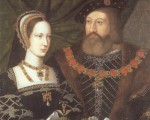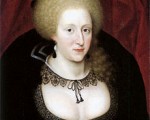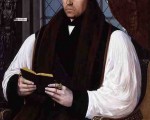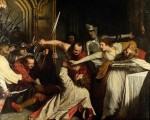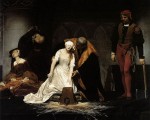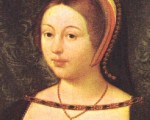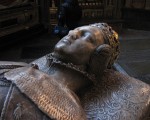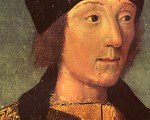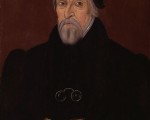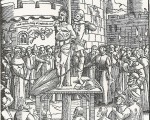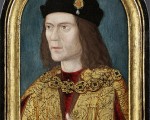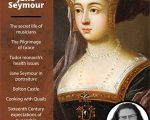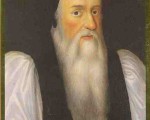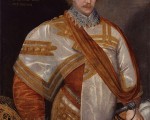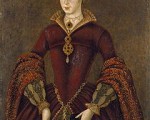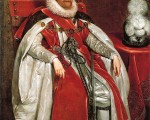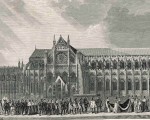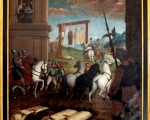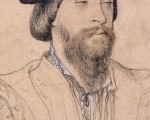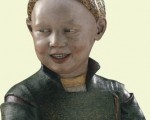
On this day in history…
26th June:
1513 – Burial of Sir Edmund Carew, landowner, administrator and soldier, in the church of St Nicholas, Calais, after he was shot dead during the siege of Thérouanne in Artois.
1535 – A new commission of oyer and terminer was appointed for the county of Middlesex. The commission ordered the Sheriff of Middlesex to gather the Grand Jury on the 28th June at Westminster Hall. This was to try Sir Thomas More who, according to the indictment, had been “traitorously attempting to deprive the King of his title of Supreme Head of the Church”.
1568 – Death of Thomas Young, Archbishop of York, at Sheffield. He was buried in York Minster.
1576 – Death of Edward Dering, scholar, Church of England clergyman and controversial evangelical preacher, from tuberculosis at Thobie Priory in Essex. A collection of his works, which included sermons, lectures, prayers and letters, was first published in 1590.
1596 – Burial of Sir John Wingfield in the cathedral at Cadiz, Spain. He was shot in the head in the attack on Cadiz on 21st June. At Wingfield’s funeral, “the generalls threw their handkerchiefs wet from their eyes into the grave” (Stow, 775) and the poet John Donne, who was a member of the expedition, composed an epigram as a tribute to Wingfield: “Farther then Wingefield, no man dares to go”.

